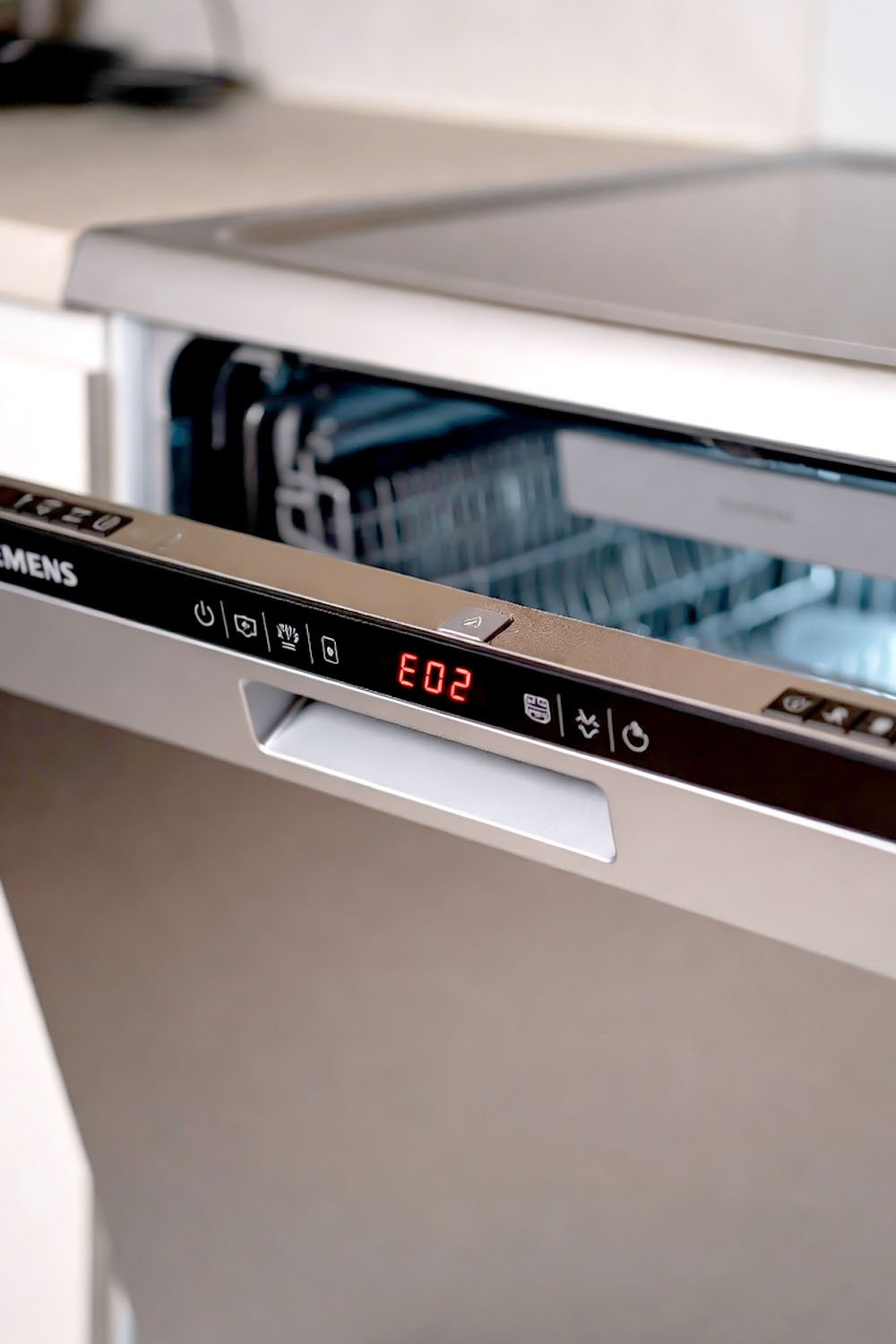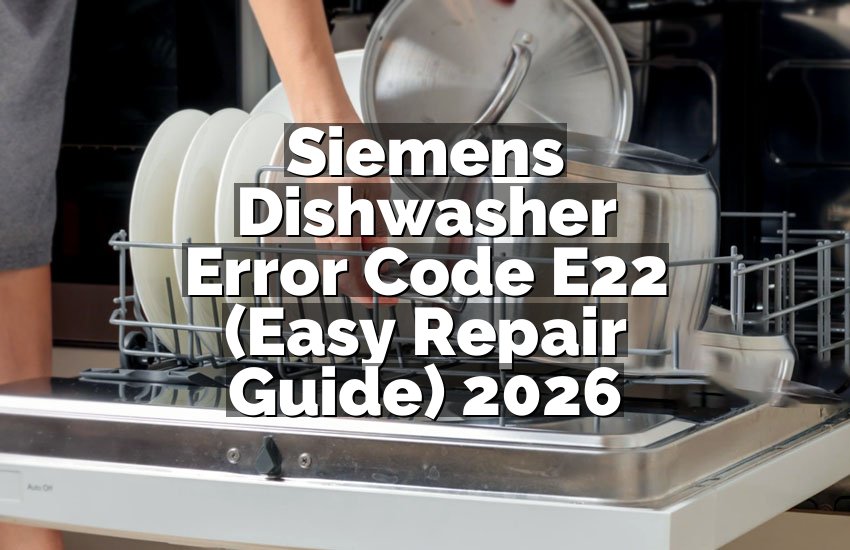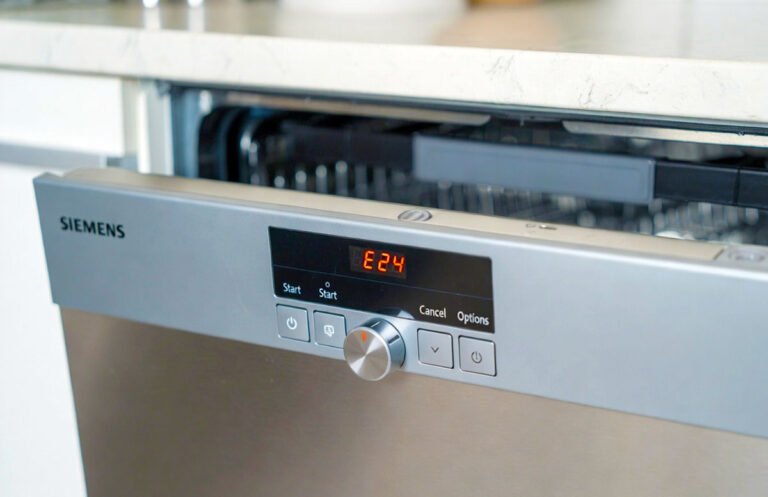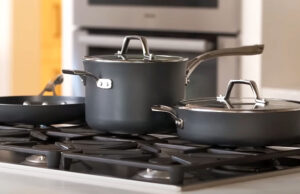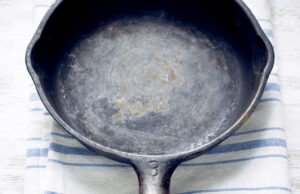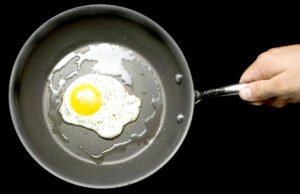As an Amazon Associate, I earn from qualifying purchases at no extra cost to you.
Bosch Dishwasher Not Draining? Quick Fixes You Can Try
Have you ever finished a long day and opened your Bosch dishwasher, only to find it full of dirty water? It’s annoying, messy, and honestly makes you wonder if you need a plumber or just a miracle. Sometimes it’s just a small problem that you can fix yourself. Other times, it’s trickier than you expected. In this article, we’ll explore why your Bosch dishwasher is not draining and how to handle it easily.
Check and clean the dishwasher filter to remove trapped food particles. Inspect the drain hose for bends, clogs, or kinks that block water flow. Examine the garbage disposal or sink connection to ensure it’s clear. Test the drain pump for any blockages or damage that prevent it from working. Use a gentle water flush to see if the drain line is clear. Reset the dishwasher by turning it off and unplugging for a few minutes. Ensure proper dishwasher loading so water flows freely. Regular maintenance avoids future draining issues.
Check the Dishwasher Filter
The first thing to look at is the dishwasher filter. This little piece often gets ignored, but it’s essential. Food particles, bits of glass, or tiny scraps can block it. Once blocked, water won’t drain properly, leaving your dishes soaked and gross.
I remember once I skipped cleaning my filter for months. One night, my dishwasher drained slowly, and I saw bits of lettuce floating in water. Gross, right? Removing and washing the filter fixed it in minutes. You don’t need tools, just warm water and gentle scrubbing.
A tip is to check the filter every few weeks. Even if you think nothing is stuck, tiny pieces can create problems over time. Also, check the area around it for leftover gunk. Sometimes, food builds up under the filter, slowing the draining.
Finally, after cleaning, run a quick rinse cycle. You’ll notice the difference immediately. Water should drain fast, and dishes come out cleaner. Trust me, taking this small step often saves a lot of frustration later.
- Remove and clean the filter weekly
- Check for hidden debris under the filter
- Run a rinse cycle after cleaning
Inspect the Drain Hose
Your Bosch dishwasher has a drain hose connecting to the sink or garbage disposal. If this hose bends or gets blocked, water can’t flow out. It’s surprisingly common, especially if the hose was installed tightly or got pushed accidentally.
I once had a hose bent behind my kitchen cabinet. I didn’t realize it until I saw water pooling in the bottom. Straightening the hose fixed the problem immediately. Sometimes a quick push or untwist is all it takes.
For clogs, detach the hose and flush it with warm water. A flexible brush works well for stubborn debris. Always check the hose ends, especially where it connects to the dishwasher and sink. Even small buildup can slow draining significantly.
Lastly, keep the hose free from sharp bends. You can use clips to hold it in place. This small adjustment prevents future clogs and keeps your dishwasher running smoothly. Proper hose care is simple but effective.
- Check for kinks or bends
- Flush hose with warm water
- Secure hose to avoid future bends
Examine the Garbage Disposal Connection
If your Bosch dishwasher drains into a garbage disposal, check that connection. Sometimes, a new disposal or plumbing installation leaves the plug inside the disposal. Water then has nowhere to go.
Once, I helped a friend who never used their disposal correctly. The dishwasher drained slowly, and dishes stayed wet. Removing the plug fixed it instantly. It’s a small thing often overlooked but easy to handle.
Also, make sure the disposal itself isn’t clogged. Food scraps, grease, and soap can block it. Running cold water while operating the disposal clears it up. A smooth disposal ensures the dishwasher drains without fuss.
Finally, check the hose attachment to the disposal. Ensure it’s tight and leak-free. A loose connection might cause water to back up. Keeping this part clean and clear saves a lot of headaches.
- Remove disposal plug if present
- Check disposal for clogs
- Tighten hose connections
Test the Drain Pump
The drain pump moves water out of the dishwasher. If it’s broken or blocked, your machine won’t drain. Sometimes a small object, like a tiny piece of glass, can jam it.
I remember trying to run my dishwasher with a broken pump. Water just sat there, making a mess. Removing a stuck piece fixed it, but pumps do wear out. If cleaning doesn’t help, replacement might be needed.
Listen for unusual sounds during draining. A humming or grinding noise can mean the pump is struggling. Checking the manual helps you locate and inspect it safely. Make sure the dishwasher is unplugged before touching the pump.
Finally, clean the pump area regularly. Small debris or soap buildup can slow it down. Even a minor block can cause hours of frustration. Maintenance here is easy but crucial.
- Check for small objects blocking the pump
- Listen for unusual noises
- Clean pump area regularly
Flush the Drain Line
Sometimes, the drain line itself is slow or clogged. A gentle flush with warm water can clear it. It’s like giving your dishwasher a little spa treatment.
I did this last winter when my drain line had a stubborn soap buildup. A bucket of warm water flushed out the grime. Suddenly, the dishwasher drained like new. Simple but effective.
You can also use a mild cleaning solution if water alone isn’t enough. Avoid harsh chemicals that could damage hoses or pipes. A combination of warm water and vinegar works well.
After flushing, run a rinse cycle to ensure water flows freely. It’s a satisfying moment to see all that water disappear without a trace. Small efforts like this keep your dishwasher happy.
- Use warm water to flush the drain line
- Try mild cleaning solution for stubborn grime
- Run a rinse cycle afterward
Reset and Maintain Your Dishwasher
Sometimes, your Bosch dishwasher just needs a reset. Unplug it or turn off the power for a few minutes. It’s like giving your dishwasher a nap. After restarting, small software or motor issues can disappear.
I once had my dishwasher drain slowly for no reason. A simple reset made it work perfectly again. It’s easy to overlook but can save time and money. Pair this with regular maintenance for best results.
Maintenance includes checking the filter, cleaning hoses, and running empty rinse cycles with vinegar. Doing this monthly prevents clogs, odors, and drainage issues. Over time, your dishwasher will run more efficiently and last longer.
Also, load your dishwasher properly. Avoid overcrowding and ensure water can flow to all areas. Sometimes draining problems happen because water can’t reach the pump properly. A little care each time makes a big difference.
- Unplug dishwasher for a reset
- Perform monthly maintenance
- Load dishes properly for better drainage
Final Thoughts
A Bosch dishwasher not draining is frustrating, but most issues are simple to fix. From cleaning filters to checking hoses, small steps make a huge difference. Flushing lines, inspecting pumps, and resetting can save you from calling a plumber. Regular maintenance keeps your dishwasher running smoothly and dishes sparkling clean. With a bit of attention, draining problems become a minor inconvenience rather than a disaster.
| Issue | Possible Cause | Solution |
|---|---|---|
| Dishwasher full of water | Clogged filter | Remove and clean filter |
| Water not draining | Bent drain hose | Straighten or flush hose |
| Slow draining | Garbage disposal plug | Remove plug, check disposal |
| Dishwasher humming | Pump blockage | Clear objects from pump |
| Water backup | Drain line buildup | Flush with warm water |
| Dishes wet | Improper loading | Reorganize dishes |
| Dishwasher error | Software glitch | Reset dishwasher |
| Odor or soap residue | Lack of maintenance | Monthly cleaning |
Frequently Asked Questions (FAQs)
Is it normal for a Bosch dishwasher to take time to drain?
Yes, it can take a few minutes, especially with full loads. Water flows through filters, hoses, and pumps, so slow draining may be normal initially. However, if it stays standing too long, check the filter or hose for clogs. Regular cleaning and proper loading help prevent long drainage times. Sometimes, a reset also helps if the dishwasher electronics are slightly off.
Can a clogged filter cause complete drainage failure?
Absolutely. The filter traps food particles to protect the pump. If it gets blocked, water can’t exit. Even small bits of glass or lettuce can stop flow. Cleaning the filter every few weeks usually solves this. Think of it like clearing a drain in a sink—tiny debris builds up fast.
Do I need to call a plumber for a bent drain hose?
Not usually. Most bends can be fixed by straightening or repositioning the hose. If water still doesn’t drain, check for blockages. A simple flush with warm water often resolves the problem. Only call a plumber if the hose is damaged or inaccessible.
Is a garbage disposal always the cause of drainage issues?
Not always, but it’s a common culprit. Sometimes, the plug isn’t removed, or the disposal is clogged. Running water through the disposal and checking the hose connection usually fixes the problem. Maintenance of both the disposal and dishwasher helps prevent backups.
Can I flush the drain line myself?
Yes, flushing with warm water or a mild vinegar solution is safe. Avoid harsh chemicals. Disconnecting the hose slightly may help remove stubborn buildup. After flushing, run a rinse cycle to ensure smooth drainage. It’s a simple and satisfying solution.
Do I need to reset the dishwasher for drainage issues?
Sometimes, yes. Unplugging or turning off the power for a few minutes can reset the motor or software. Many minor problems clear after a reset. It’s quick and easy, often saving a call to repair service. Combine this with cleaning for best results.
Is pump noise normal during draining?
Some noise is normal, but grinding or humming can indicate blockage. Small objects like glass or utensils can jam the pump. Cleaning the pump and checking for debris solves most issues. Listening carefully helps identify problems early.
Can proper loading prevent drainage problems?
Yes, always load dishes to allow water to reach all areas. Overcrowding or blocking spray arms can prevent water from flowing to the drain. Proper loading helps the pump work efficiently and avoids standing water. Small adjustments make a big difference over time.

